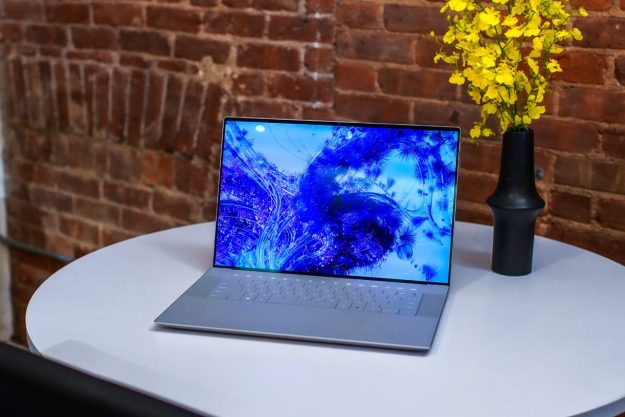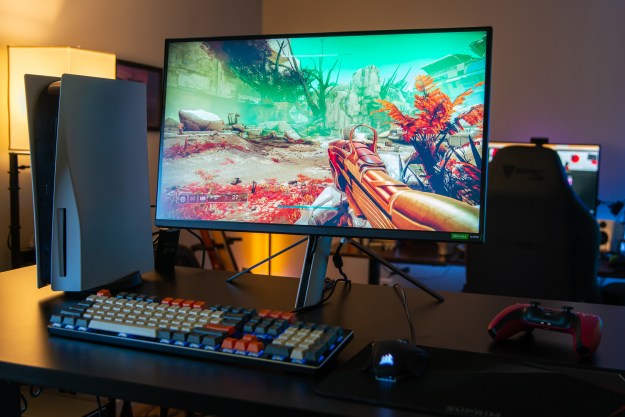
The reason that there is a lot of regulation with such devices is obvious: one misreading, resulting in one over- or under-application of insulin, could put a patient’s life in danger. But for many people, especially parents, any solution to improve the lives of their loved ones is worth the risk.
Take the case of software engineer Jason Calabrese, who has developed a smart insulin applicator for his nine-year-old son. He used an old insulin pump and augmented it with smart sensors and smartphone tracking, so that when required, his son’s blood sugar is automatically regulated by the device, all powered by Intel’s Edison micro-computer.
Related: Graphene wristband can monitor blood glucose, deliver drug treatment
The system he used was based on plans he found online, for OpenAPS. Pioneered by 27-year-old Dana Lewis, the system works by using a small, sub-cutaneous sensor to track blood sugar levels, attached to a radio-controlled insulin pump. As the system detects a drop in blood sugar, it can provide an instant response of insulin.
The battery to power it all varies in size and shape depending on the individual hacker, but in the case of Mr Calabrese, it’s about the size of a headphone case (as per WSJ) that resides inside the base of his son’s backpack. The insulin sensor and pump sit on his belt.
Government agencies, including the Food and Drug Administration (FDA) have refused to comment on the story, presumably since it does not want to recommend or condone the development of these devices — in case something goes wrong. Most involved in developing these devices recommend them only to those with some experience, though there are many who have taken up programming as a hobby in an effort to aid their children or other loved ones.




